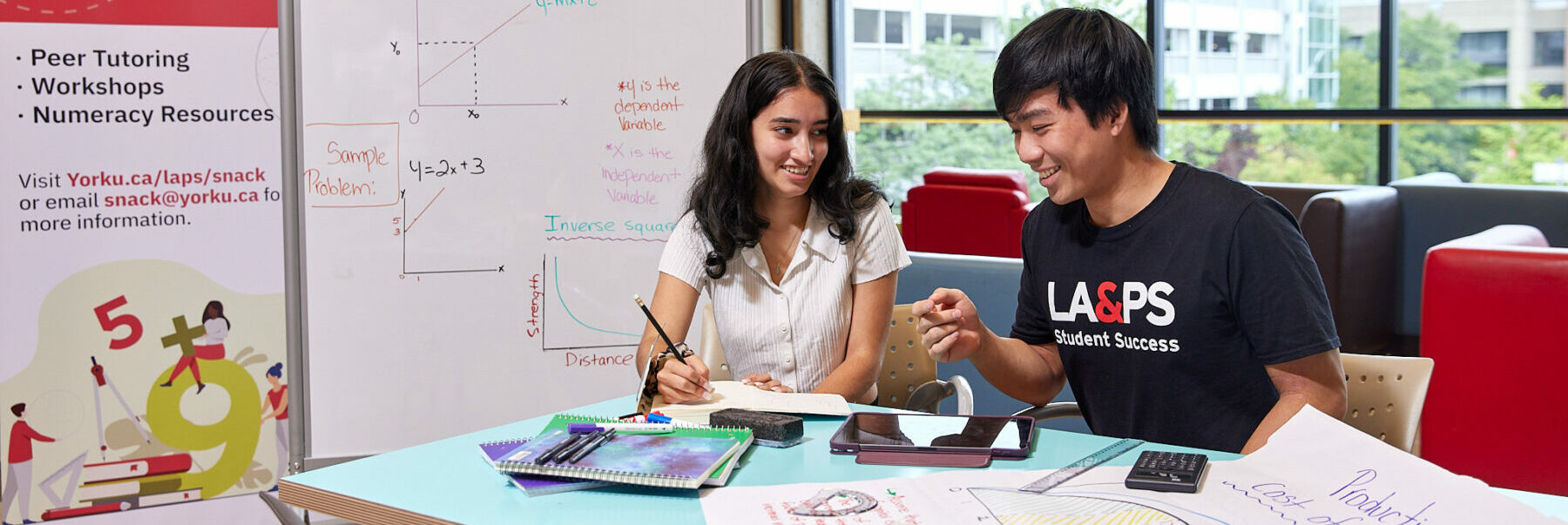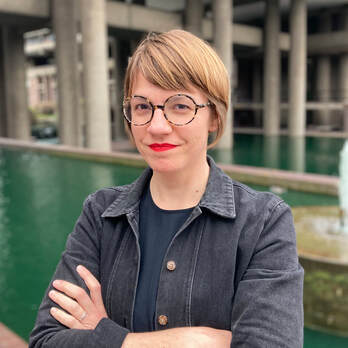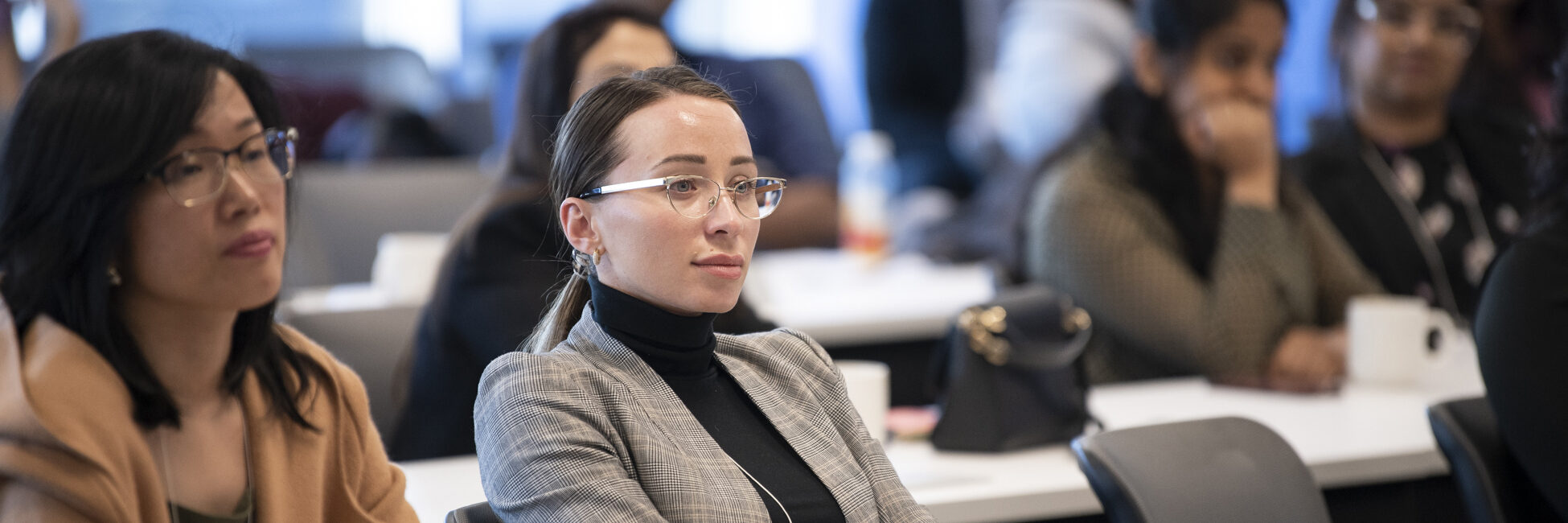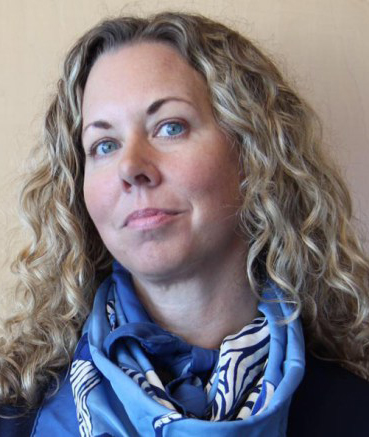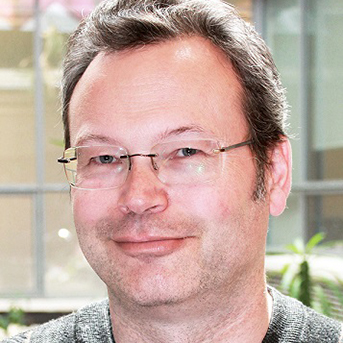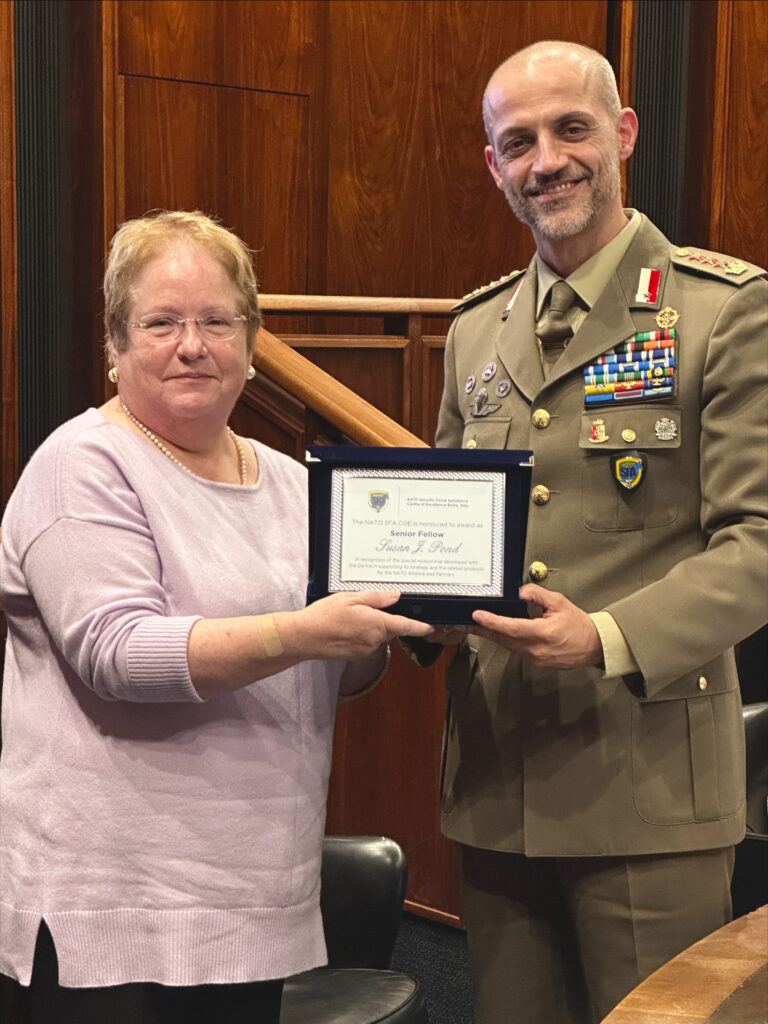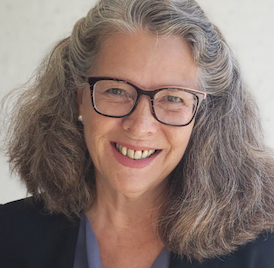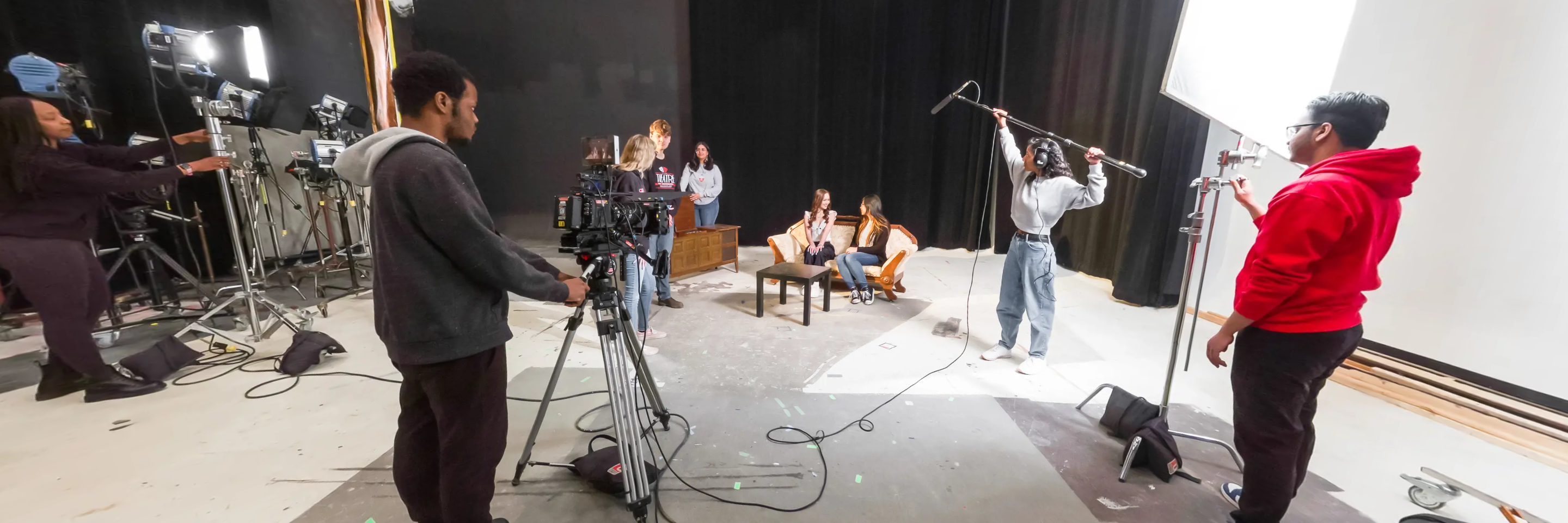By Elaine Smith
The Faculty of Liberal Arts & Professional Studies (LA&PS) at York University has created a new summer course to assist students without Grade 12 math skills to acquire the knowledge they need to enter math-dependent university programs in the fall.
In the summer of 2023, LA&PS introduced a pilot, Mathematics for Liberal Arts & Professional Studies, a 12U Math waiver class, to help address the numeracy shortfall experienced by many incoming students. The non-degree, online synchronous course was open to all incoming students required to complete a 12U Math course to meet their condition for admission, or to any York University undergraduate students required to complete a mathematics pre-requisite for an eligible program – such as economics and bachelor of commerce. Thanks to the success of the course, LA&PS plans to offer it again in Summer 2024.

“We wanted to make sure these students had the math they needed to learn more advanced topics once they arrived at York, such as linear algebra and calculus,” said Robert McKeown, an assistant professor (teaching stream) of economics, who helped create the curriculum alongside members of the LA&PS Numeracy Steering Committee. McKeown also played a pivotal role in overseeing the development of the instructors’ weekly lessons and assessment components for the course.
The course ran twice a week for 12 weeks. It covered polynomial functions and some probability and statistics, and was structured like a standard university course with two tests and a final, along with asynchronous class activities.

Mona Frial-Brown, director of student success for LA&PS, said the course has been a few years in the making, first proposed by LA&PS academic advisors and Sean Kheraj, the former vice-dean and associate dean of programs. It provides a pathway for LA&PS students, so they aren’t required to return to high school to obtain the necessary skills. Previously, students were able to take a relevant course at the School of Continuing Studies, but it no longer exists.
“Sean wanted us to think about a non-credit option that was equivalent to an advanced functions course,” said Frial-Brown, who also credits former associate dean Anita Lam and the LA&PS Numeracy Steering Committee, who created the Student Numeracy Assistance Centre at Keele (SNACK). “Numeracy is closely linked to student success, and this initiative is focused on improving access. It was a collaborative effort, and being a part of it from start to finish was a rewarding experience.”
The collaboration drew on the skills of a variety of people and teams. The LA&PS recruitment and academic advising teams were involved in promoting the course to students. York’s recruitment and admissions team were involved in developing offer letters and explaining to applicants that acceptance was conditional on passing the course. Once the curriculum was created, Marc Anderson, a learning technology support specialist from eLearning Services, built the content in eClass. SNACK peer tutors got involved in assisting the students who took the pilot class. Maggie Quirt, the current associate dean of programs at LA&PS, also had a hand.
“It’s a baby I delivered this summer,” Frial-Brown added with a laugh. “In addition, it’s not just a course; it marks the beginning of a non-degree framework for the Faculty. We might consider other non-degree courses, so we wanted to carefully plan this pilot program and create a structure for the non-degree landscape. We consulted with colleagues across the University, including the Faculty of Health, where non-degree courses are already offered, and established a framework for enrolment, admissions and course payment. Many factors were at play.”
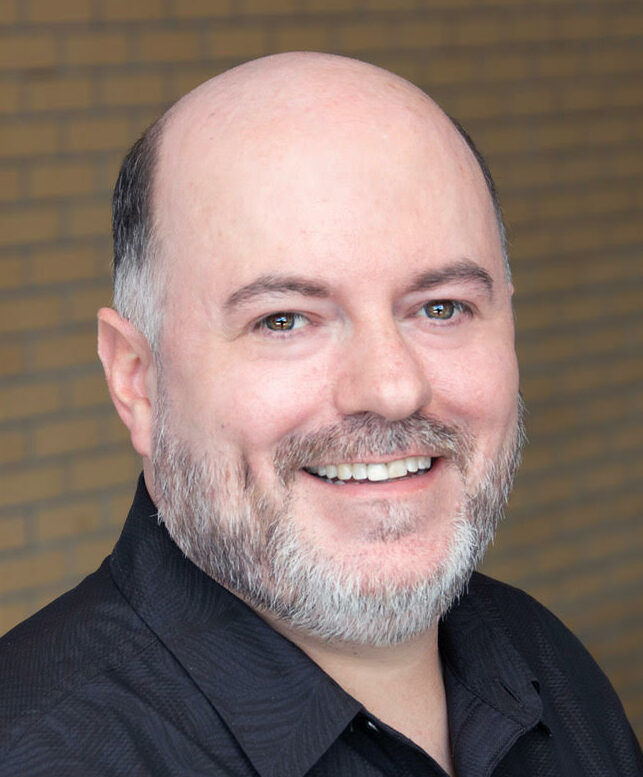
Neil Buckley, current associate dean of teaching and learning for LA&PS, who was involved with the Numeracy Steering Committee throughout the development and launch of the class, added, “There is a huge move in education for micro-credentials, some for credit and some not. This was a great opportunity for LA&PS to pilot test a non-academic course.”
The class drew 61 students, almost half of them international students. This meant breaking the class into two sections to make it accessible from various time zones. One class met online in the mornings; the other in the evenings. All but one of the students passed the class.
“At the end of the semester, we are planning to assess the success of the participants to see how well they performed in their courses compared to students who took the course in high school and see if success varies according to discipline,” said Buckley.
The team will also follow them through the next few years to determine if the course has an impact on retention.
“This course opens the door to a larger, more diverse group of students,” Buckley said. “It helps us achieve access and equity. We pride ourselves on being student-centric, and this offers students flexibility.”
Frial-Brown is equally enthusiastic.
“I’m truly proud of this project,” she said. “It was a genuine collaborative effort aimed at achieving a common goal, which was to provide access to our students. We’ve witnessed its successful development with thanks to everyone involved and with the backing of senior leadership.”


